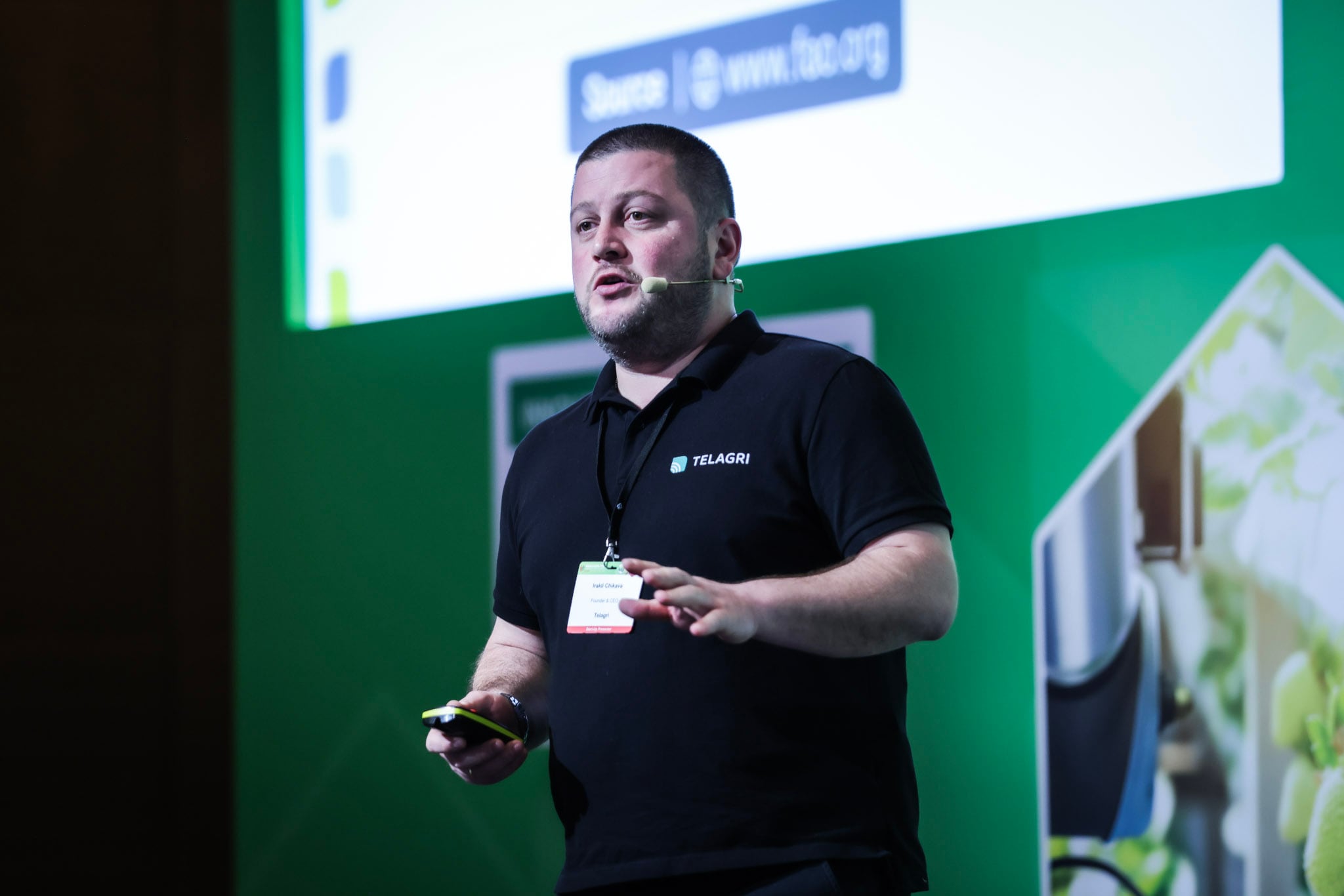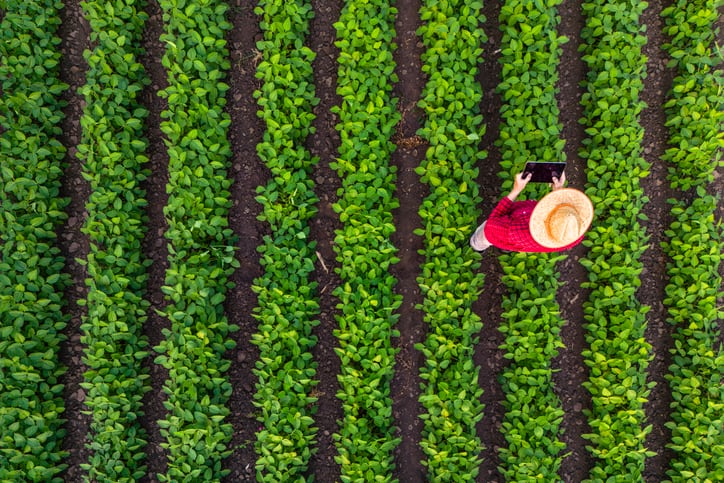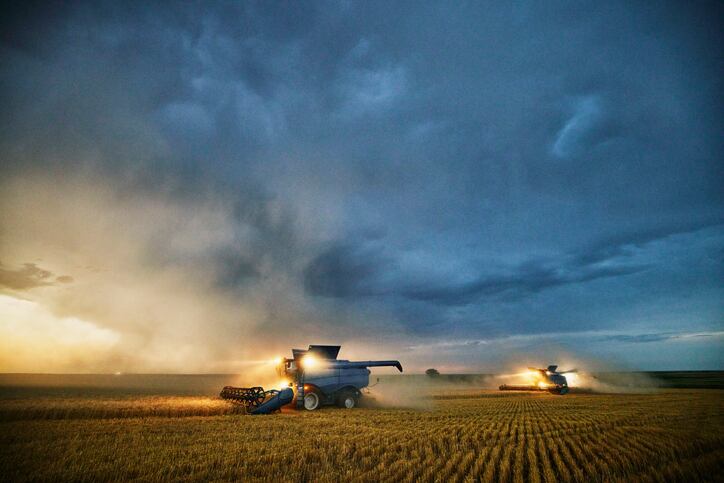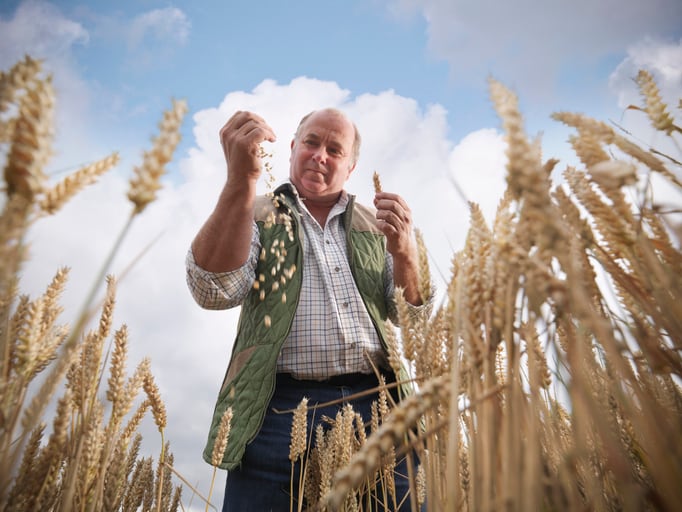Like many emerging market economies, the former Soviet state of Georgia in the Caucasus is experiencing significant labour shortages among its large agricultural workforce. Agronomists are no exception – a fact that is hindering the sector’s development.
It is this overcoming this challenge that the Tbilisi-based start-up Telagri has in its sights. The company, founded in 2022, connects farmers in Georgia and the wider region with top agricultural specialists in other parts of the world for online 1-2-1 consultations.
By providing farmers access to expert advice – and agronomists the chance to earn additional income – it aims to boost much-needed agricultural productivity and efficiency in emerging countries.
Many platforms of course already offer services that facilitate connections between farmers and agricultural experts to improve productivity. Telagri’s differential is a focus on targeting emerging economies with a lack of expert in the science of soil management and crop production. “The Canadian farmer can reach 10 agronomists within their phone book,” points out founder and CEO Irakli Chikava by way of example.
He estimates that as many as 80% of the farmers worldwide don’t have access to advice owing to a shortage of qualified experts, especially in rural or remote areas. “In Moldova, Romania and Georgia there are 10 agronomists in total,” he claims. “In places like Uzbekistan and Kazakhstan there can one agronomist per 1,500 farmers.”
So far, Telagri has connected more than 1,500 farmers in Georgia, Armenia, Moldova, Ukraine, Romania with more than 500 agronomists in Spain, Italy, France and Germany, as well as in the US and Israel. Its goal is to target 20,000 farmers by the end of 2026 and to operate in more than 50 countries, focusing on sharing agricultural knowledge with farmers who need it most.
‘We call it telehealth for agriculture’
Chikava describes the service as ‘telemedicine for agriculture’. Its Eureka moment came, as so many did, during the pandemic. Chikava and his co-founder Valeri Amiranashvili used to run an agricultural consulting and management company with a portfolio of $35 million and over 70,000 hectares.
Because of the scarcity of agronomists, he explains, “for every project we did in the Ukraine or Azerbaijan, we were bringing physically agronomists from Spain or Italy or the US. Then the pandemic happened, and we couldn’t bring them.”

Farmers in Eastern Europe and west Asia typically rely on input providers for advice, he says. “That’s like going to the pharmacy when you’re sick and not the doctor.
“Just like before the pandemic no one knew what telemedicine was and now it’s a thing, we are going through the same process. We say ‘here’s your access to top quality doctors who can help you mitigate the risks’. We have farmers who treble production with the right consultations.”
Agronomists on the site go through a special vetting process. “Our approval rate is around 8% of consultants. We want to make sure that only the top make it to our platform.” Machine translation has been integrated onto the platform should any language barriers arise.
Data ‘crucial’
Telagri takes a commission from the consultations facilitated between farmers and specialists on its platform. But more fruitful is the agricultural data that emerges from the consultations. “Telagri takes data privacy and farmer trust very seriously,” explains Chikava.
“The platform does not sell individual farm data to third parties. Instead, the data is anonymised and aggregated to generate insights that help improve farming outcomes, inform product development, and enhance agricultural efficiency on a broader scale. Farmers retain ownership of their data and are informed about how it is used.”
Thanks to the diagnoses it has been able to validate with its data insights, Telagri has teamed up with local banks who may give more competitive lending rates to farmers using the Telegi platform.
On top of agtechfintech, regenerative agriculture is another trend on top of that the company is eyeing.
“We get a lot of cases of farmers in developed places looking for help [with regenerative farming],” Chikava says. “There are maybe only 10 regenerative specialists in the Iberian Peninsula, for example.”




